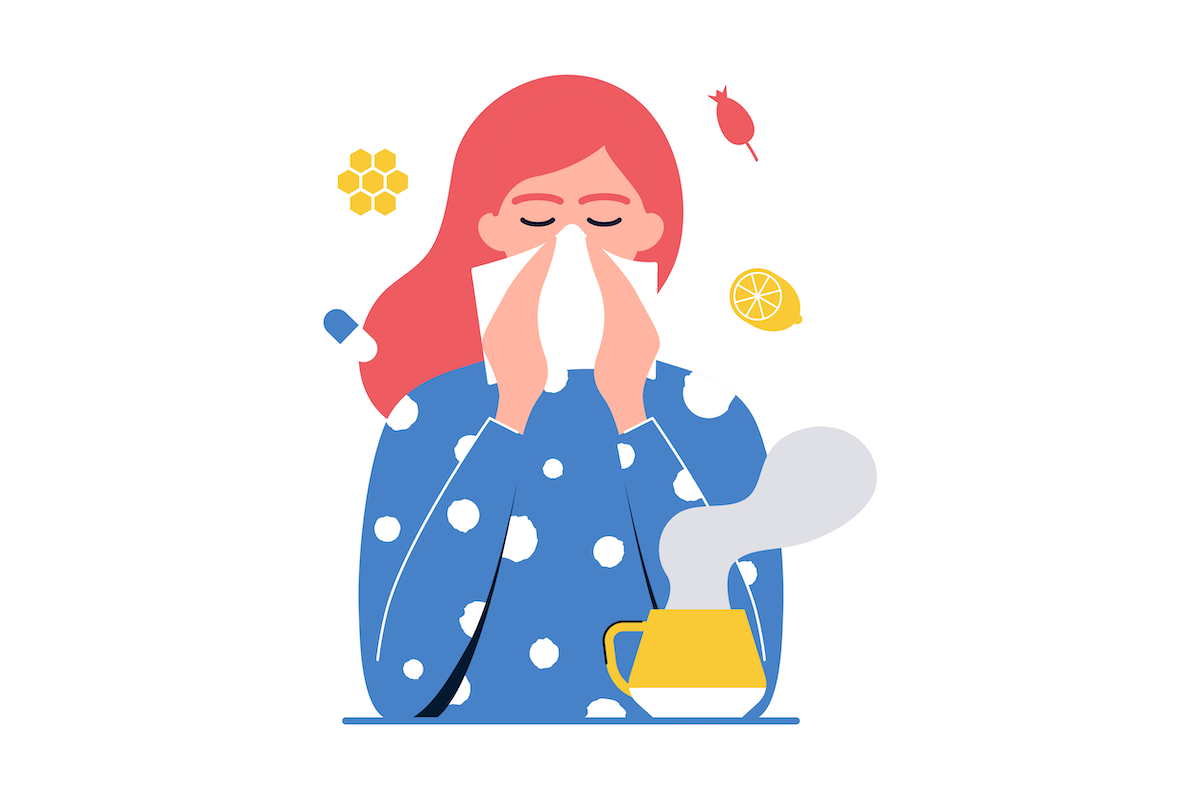This article appeared in Yahoo! News. Read the full story here.
It is officially cold and flu season — which means everyone around you is probably sick. Ugh. While you might be able to avoid coughing and sneezing at work by avoiding those who are infected, what happens when you’re the only healthy one in a house filled with sickos?
Fortunately you don’t have to move out. There are some tips and remedies that you and your housemates/family/friends can do that will help save you from catching the phlegm-infested fate that’s overcome them.
Get a flu vaccination
No one likes needles but sometimes it’s your best defense when it comes to the nasty flu bug.
“If your household members are sick because of the flu then chances are higher of you getting affected with the virus as well,” Dr. Ashish Sharma, an Internal Medicine Physician at Yuma Regional Medical Center. “The most important aspect of prevention is to get a flu vaccine every year.”
And receiving one is always better late than never. “Even if someone in the house has already been diagnosed with the flu, it’s not too late to get vaccinated,” Dr. Elizabeth Wang, MD an Infectious Diseases Physician at the University of Maryland St. Joseph Medical Center tells SheKnows. “However someone with a weakened immune system and at high risk for influenza complications has already been exposed to a household member with the flu—in addition to practicing the precautions listed above–it’s wise to talk with your health care provider about taking Tamiflu as a precaution.” Wang says people with the flu should take Tamiflu to decrease the chances of spreading the virus and to shorten the duration of symptoms.
Wash your hands, and then wash them again
Germs are everywhere and how do they spread super fast? Through touch. “Relentless hand washing is crucial for staying healthy,” says Wang. “Think about when you wash your hands, too — after using the bathroom, of course, but also after blowing or wiping your nose, after touching common surfaces like doorknobs, light switches, phones/cellphones, countertops, keys, computer mouses, etc. — as we inadvertently expose ourselves to illness-causing germs and bacteria when we touch these things.”
Wang says it’s also important to be thorough about how you wash your hands. She advises using soap and warm water and lathering for at least two full choruses of “Happy Birthday” or the Jeopardy! theme song, which sounds pretty fun, at least peppy. If soap and water aren’t available, she advises using an alcohol-based hand gel and letting it dry thoroughly before touching anything else. “Be mindful of cleaning your entire hand—including under the nails and underneath rings—to ensure that you’re killing as many harmful germs as possible,” she says. “It’s certainly an added risk when you’re directly caring for someone who’s sick, as you’re doing things like picking up their used cups or mugs or tissues, giving them medicine, taking their temperature, so the best thing you can do to protect yourself is to practice good hand hygiene.”

